- Learning time
- 40 minutes
- First play time
- 120 minutes
Heaven and Ale
Designed by: Andreas Schmidt,Michael Kiesling
In Heaven and Ale you are monks trying to make the best ale. We’re not sure if this is a thing with monks, but it’s certainly an original theme.
Each player starts with their own personal board that represents the patch of land where they will grow what they need – wheat, hops, yeast etc – and around the side of your board markers are placed how much of each ingredient you begin the game with. Your brewmaster piece also starts on this track – right at the bottom! During the game you’ll be trying to push both your brewmaster and all the ingredients up as far as you can, by taking actions.
Actions are taking using a shared board, placed centrally. This has a circular path that players move their pieces along, and when everyone reaches the start again, a new round will begin. On your turn, you move your marker as far as you like along the path, and take the action of the place you stop at. There are three main actions: you can add a hex to your board, add a monk to your board, or take a scoring marker. Adding hexes or monk has a cost – the price of the piece itself, and possibly more depending on where you place it. Your board has a shady side and a sunny side to it – placing a hex or monk in the shady side has no extra cost, but placing in the sunny side doubles the cost! We’ll see why in scoring, below.
When you take a scoring marker you use it to activate all of a certain colour hex, all of a certain number, or all of a particular type of monk (there are four). Activated hex tiles will give you money if they’re on the shady side of your board. If they’re on the sunny side, they’ll push your precious markers up the track, which is vital for the game’s end! Activated monks will activate any hex they are adjacent to, meaning they can activate several hexes at a time. Remember though, that each scoring option can only be used once per game!
There’s also a couple of barrel spaces on the track. Stopping there allows you to grab the barrels (scoring 4 or 2 points each) for a variety of criteria we won’t go into here – basically you can take as many barrels as you have met the criteria for. Finally there are seven shed spaces on your board that cannot be covered. But they are crucial to play, because when you surround a shed space with monks and hexes, you get to add a shed, which not only moves your brewmaster up the track, but can also retrigger hexes and monks around it!
The purpose of all this shoving ingredient markers and the brewmaster up the track (there are also bonus cards you can play when you trigger a pair of adjacent scoring options) is that after a number of rounds the game ends, and the position of your brewmaster dictates how many spaces you can move your highest ingredient marker down the track in order to move up your lowest up it. After doing this process as many times as you like, the lowest-placed ingredient marker – and the position of your brewmaster – will dictate how many points you score!
Joe says
I'm enjoying this a lot, though it feels like a step up from something like Castles of Burgundy on account of the relatively opaque nature of the scoring. There are layers upon layers here, and when I try to get a picture in my mind of how to strategise I find I can't - it's hard to say whether there are clearly defined strategies, or any given game is going to depend heavily on what the other players are doing. But I've only played a couple of times, and I'm keen to try some more - always a good sign.
The guru's verdict
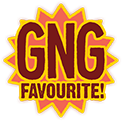
-
Take That!
Take That!
It's there, it's definitely there. Monks rarely got involved in a punch-up, but you can certainly see what hexes or monks might help someone else, and get to them first.
-
Fidget Factor!
Fidget Factor!
A first-time play, like many games of this complexity, won't be very fast-moving as you get your head around the mechanics of the game. Once you're past that it *really* depends who's playing, as although Heaven and Ale can be played at a lick, it can also invite players who like to ponder ample pondering opportunities.
-
Brain Burn!
Brain Burn!
Familiarity brings this down, but the basics here are not to neglect any of your ingredient markers on the track (or your brewmaster). Everything else (outside of the barrels) are just the different angles and opportunities of how to achieve that.
-
Again Again!
Again Again!
The set-up on the track is random, and there are multiple strategies and tactics to pursue here.

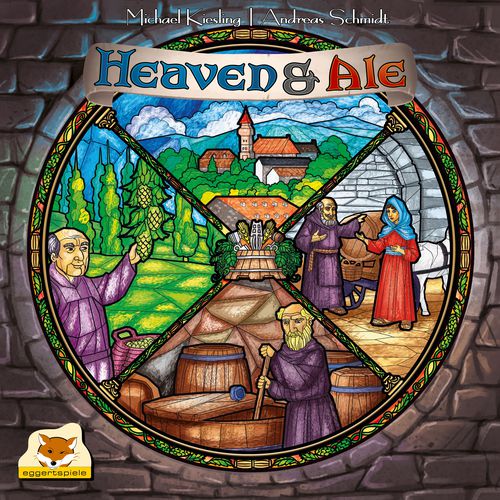


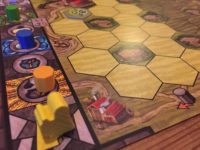
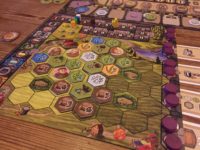
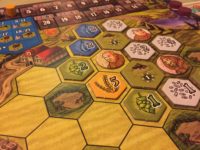
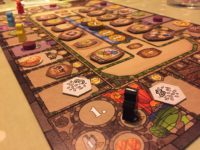


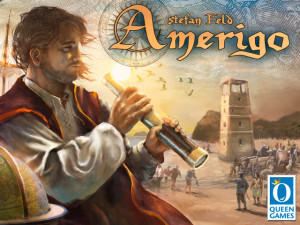
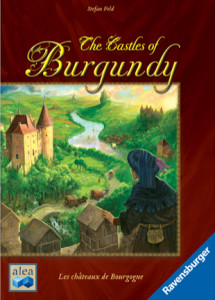
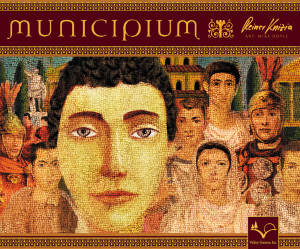

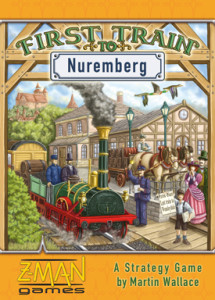
Sam says
Does the theme come through here? Do you feel like you're donning the medieval tunic and gathering hops, tasting ale, and giving thanks to the almighty? I have to be honest and say no. But if you can forgive it its abstraction, this is an excellent game for the right crowd. You don't want to play it with someone who'd rather playing Dobble or, ideally, someone who takes ten minutes to weigh up their options. It's not exactly a party game either - this is a puzzle, with multiple moving parts and different strategies to pursue. But after a couple of plays Heaven and Ale really got its claws into me, and I've a feeling it's becoming a favourite.